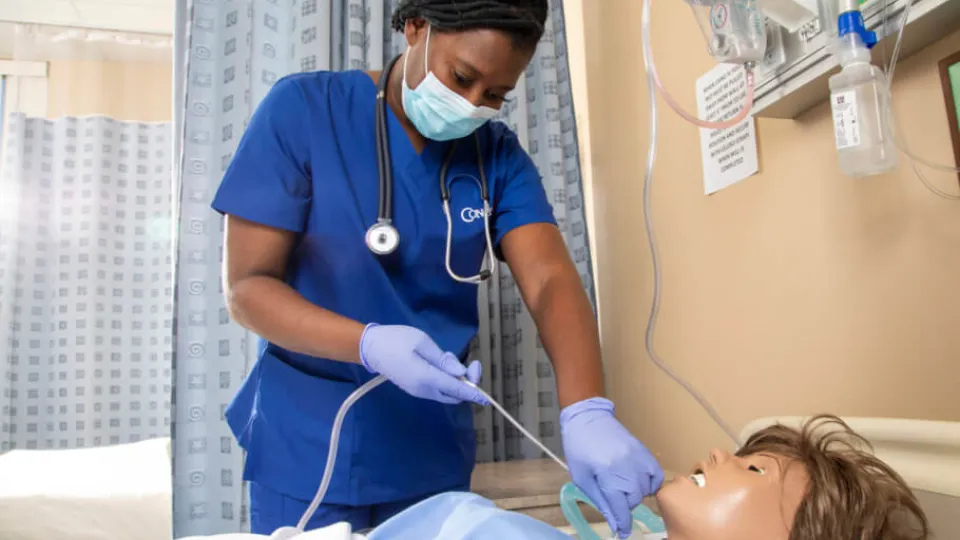
Are you thinking about entering the healthcare field, but need some guidance on where your talents might fit best? If your primary interest is in helping others, but you're not sure beyond that, perhaps a great place for you to start is to consider becoming a licensed practical nurse (LPN).
Nursing is the nation's largest healthcare profession. It's also one of the most varied and flexible careers, because of the many different positions available, scattered across a variety of professional settings. Hospitals, clinics, schools, government agencies, corporate environments, and even private homes are just some of the places where nurses work on a daily basis.
The Mark of a Nurse
Nursing requires a genuine concern for people in general, and a big part of the job involves educating patients about how to take care of themselves. The new nurse will spend time preparing patients for examinations, marking records, and providing bedside care, among other tasks. Some may assist with dietary and mobility education, and those who work in public health centers will be called upon to interact with the communities in which they serve.
If this sounds like a good fit, the next step is to consider which path to nursing is best for you. When most people think of a "nurse," they probably envision a registered nurse or RN.
LPN or RN?
Although both RNs and LPNs enjoy rewarding careers in healthcare, there are some significant differences between them. The primary one is education; while both RNs and LPNs must be licensed by their respective state board of nursing in order to practice, an RN must complete a two-year associate degree, while the LPN can get his or her license after finishing a one-year practical nursing program.
Of course, this means that LPNs have some limitations to their positions that RNs do not necessarily have. LPNs work in a supervised environment in which their duties are overseen by an RN or a physician. There are some responsibilities they are generally not permitted to execute, such as administering certain medicines, inserting IVs, and developing care plans (these vary legally from state to state).
However, LPNs are expected to be "doers." They work on a task-oriented rather than a managerial or theoretical schedule, and as a result, they provide a great deal of direct patient care. An LPNs day might entail everything from wound dressing to feeding and bathing patients. If working hands-on and caring for people is your main goal, you'll find the LPN role to be a very rewarding position.
A Field with a Booming Future
Practical nursing also an extremely fast-growing field, as the demand for new LPNs continues to grow every year. According to the U.S. Bureau of Labor Statistics (BLS), the projected growth in LPN employment from 2012 to 2022 is 25% (in comparison, the average growth rate for all occupations is 11%.) The BLS also projects that 155,000 new LPN jobs will be created nationwide in 2018.
If you're interested in working with older patients, becoming an LPN may be a particularly great job prospect. As the Baby Boomer population ages, the overall need for healthcare services is expected to increase. LPNs will be highly sought after to fill positions in residential care facilities and in home health environments to care for geriatric patients.
To prepare for such an involved and varied position, training is essential. Finding an accredited program that offers medical education, hands-on training, and clinical experiences is the right start for your career as an LPN. After about a year of study, you'll receive your diploma and will be well on your way to an extraordinarily rewarding career. If you're interested in advancing your career even further, our online BSN program may be of benefit to you.
Sources:
//www.concorde.edu/program/practical_nursing
//nursingschoolreviews.us/understanding-the-difference-between-lpn-and-rn/
//www.bls.gov/ooh/Healthcare/Licensed-practical-and-licensed-vocational-nurses.htm
Take The Next Step Towards a Brighter Future
Interested in learning more about our Practical / Vocational Nursing program?
We have a Concorde representative ready to talk about what matters most to you. Get answers about start dates, curriculum, financial aid, scholarships and more!







